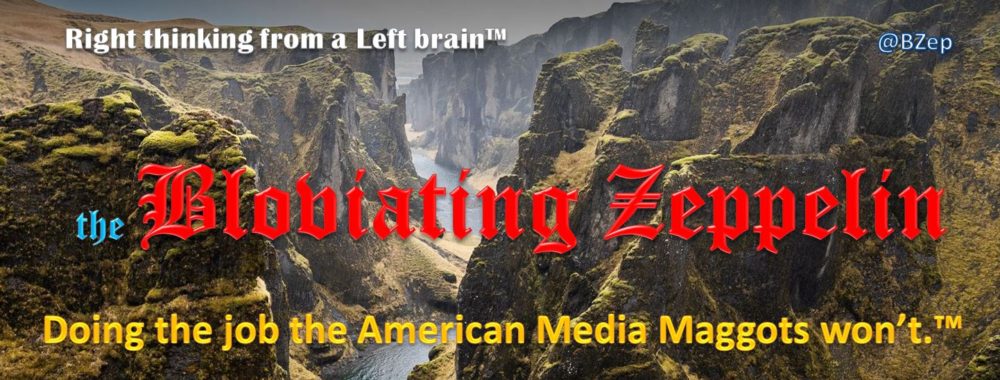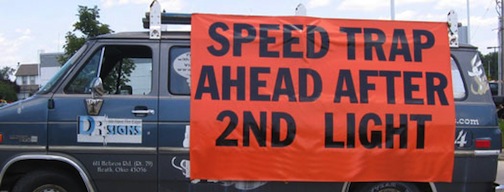 From FoxNewsLatino and the “Sooper Mexican”:
From FoxNewsLatino and the “Sooper Mexican”:
There’s been a lot of angry rhetoric about whether race enters into the raising of children, specifically, how African-Americans should tell their children to act around white people, and law enforcement officials. Since so many of these are anecdotal, I thought to add my experience to the cacophony.
My family lived in a working class poor neighborhood in southern California. It was also very Hispanic, and as far as we knew, mostly Mexican. One of my best friends was Arabic, but he looked Hispanic, and we didn’t really know what being Arabic meant, so it didn’t matter to anyone except our parents couldn’t talk to his in Spanish (and therefore, not at all).
I often heard stories about racist cops and racist white people doing racist things to my Mexican relatives and friends. Even at that early age, I was somewhat skeptical — it seemed to me that in many of these stories, I could see how people instigated and escalated any conflict with authorities and white people. I rarely voiced my skepticism, but when I did, it wasn’t appreciated.
Finally one day when I was about 15 a relative had it out with me. Angrily, he yelled at me at how it was easy for me to deny racism since I didn’t drive yet, but once I did, he said, “you’ll know how racist these f**ng cops are!”
He had me there. I didn’t have that experience. So I said, “Maybe you’re right, maybe once I drive on my own I’ll find out.”
In my long life as a White Hispanic (or “Whisp” as I like to call us now), I have driven many a mile and been pulled over by many a policeman, mostly for speeding. As far as I recall, each law enforcement official has been professional, and some have been downright friendly.
I might posit that if I were more white than Hispanic, I’d have less speeding tickets, but aside from that, I have no experience whatsoever with racist bigoted law enforcement officials.
What’s the difference between my relative’s experience and mine?
When I address a policeman/woman/other, especially after being pulled over, it’s “yes, sir” and “no, sir.” I don’t think I heard this relative ever talk about police without a curse word or an epithet, especially of that having to do with pork products. This is the same for others who were raised in the same socioeconomic environment I was raised in.
This absolute chasm of experience between the “ghetto” mindset and others explains the completely different reactions to the Zimmerman trial. While most Caucasians don’t understand the sting of a parent having to tell a child to act a certain way because of perceived racial bigotry, it’s also the case that most kids that need this instruction aren’t getting it at all.
And there you have it.
Let me give you this story.
I was recently stopped by a CHP motor officer in a small town off I-80, when I made a right turn (which is generally legal in Fornicalia) against a sign I didn’t see. The CHP officer, on a BMW 1200RTP, watched the vehicle in front of me do the exact same thing, except that I was directly in front of the officer and I was admittedly watching him instead of the signs. I’d never been that way through the intersection before. My bad.
Once crossing the freeway overpass, he lit me up and I pulled over, with a clear turn signal, rolled down both my windows, and kept my hands on the steering wheel. I rolled down the right window because officers may approach on the right. Instead, he chose to approach from the left.
He told me about the right turn and the fact that he had seen the Volvo perform the precise same illegal maneuver but — stating the obvious — I was directly in front of him.
He chose me because I was easier.
I said yes sir and no sir, and I didn’t see the sign because I was watching you, sir. I told him I had never been that direction from the market I recently shopped. I told him that I was sorry that I had missed the signs and that I would never do that again.
Still, he wanted my license and my registration and my proof of insurance, which I provided to him. My wallet contains my LE identification, badge and ID over two separate leather flaps, but I didn’t buzz him. I gave him precisely what he wanted. I said: “here you go, sir.”
My license was current, my registration was paid, and my proof of insurance valid. He paused for a moment or two. I thought I was going to get a citation. He asked: “do you think you will see those signs in the future?”
I replied: “yes sir. I know I will. You’ve made sure of that.”
He handed my documents back and said, “good. Now you know why.”
I said: “yes sir, I do, and please ride safely.”
He had no idea that I have been an EVOC instructor for 35+ years, that I have taught, literally, hundreds and hundreds of students in cars and, further, that I ran our EVOC motor officer classes and have also taught emergency response personnel in box medic rigs and large fire apparatus, as well as having my commercial license for buses and Kenworth commercial rigs.
I treated the man with respect and consideration. I pulled over where it was safe, signaled my intentions, made sure the final stop would not be affected by cross traffic, rolled down my windows, and placed my hands in plain sight.
Yes, I was carrying a loaded concealed firearm beginning with a 4. And another in a bag on the passenger seat, likewise beginning with a 4. I would go there if he decided to go there.
I said “yes sir” and “no sir” and treated him with respect because he had no idea who I was or where I was from or where I was going or why.
Because I know that every “routine stop” is likely everything but.
And I’m an old white guy, and he was a young guy.
Oh yeah. And he was black.
Big deal.
BZ



